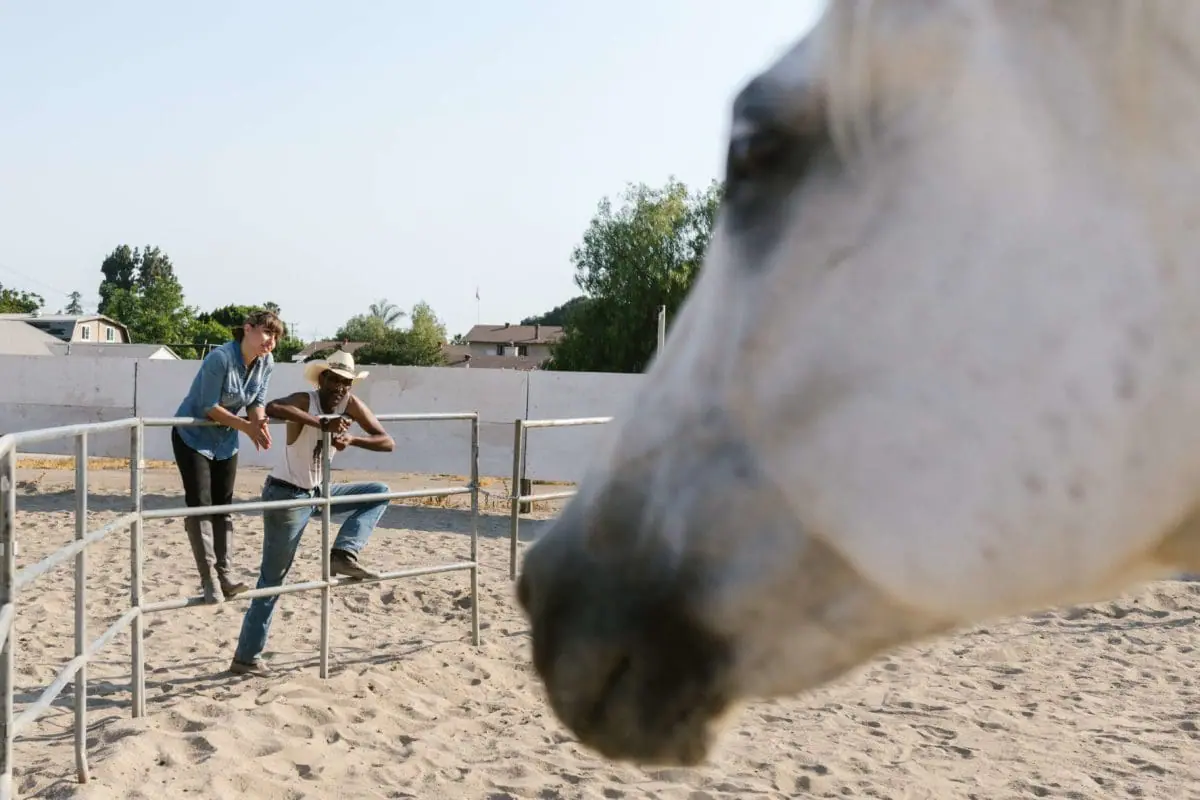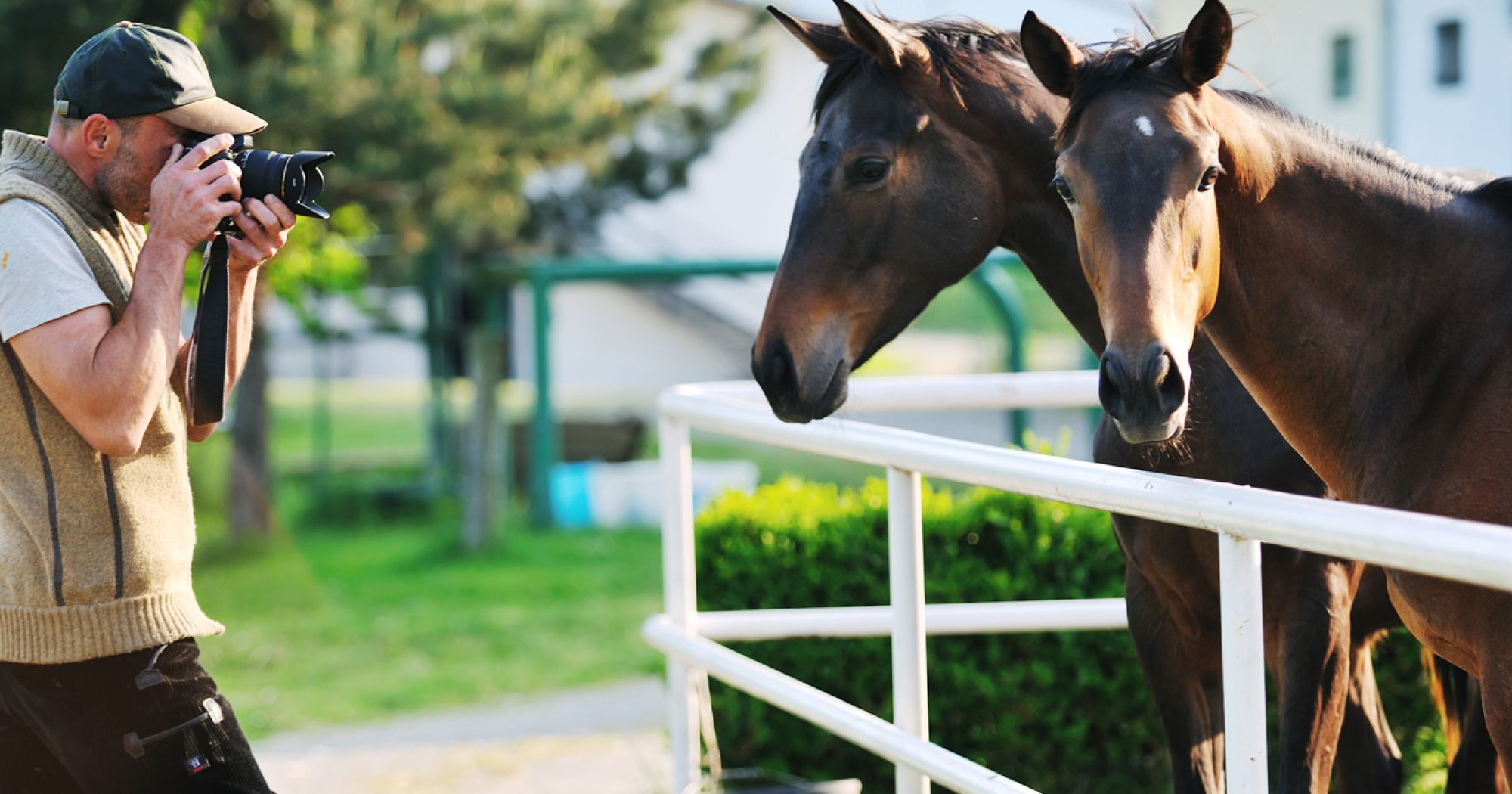Traditional Careers in the Horse Industry

The horse industry offers a variety of traditional career paths that have been integral to equestrian culture and commerce for centuries. These careers not only require a deep understanding of horses but also a passion for working closely with these majestic animals. Below, we explore some of the most prominent traditional careers in the horse industry.
1. Horse Trainer

Horse trainers play a crucial role in preparing horses for riding, competition, or work. They develop training programs tailored to each horse’s temperament and abilities, focusing on obedience, performance, and behavior. Trainers often specialize in disciplines such as dressage, show jumping, or racing.
2. Farrier

Farriers are skilled professionals who care for horses’ hooves by trimming and shoeing them. Proper hoof care is essential for a horse’s health and performance, making farriers indispensable in the industry. They must understand equine anatomy and biomechanics to prevent and treat hoof-related issues.
3. Veterinarian
Equine veterinarians specialize in the medical care of horses. They diagnose and treat illnesses, perform surgeries, and provide preventive care such as vaccinations and dental work. Their expertise ensures the well-being and longevity of horses.
4. Breeder
Breeders focus on the reproduction and genetics of horses to produce offspring with desirable traits for racing, work, or show. This career requires knowledge of bloodlines, genetics, and animal husbandry to maintain and improve breed standards.
5. Groom
Grooms are responsible for the daily care of horses, including feeding, grooming, cleaning stables, and monitoring health. They form close bonds with horses and are essential for maintaining their comfort and readiness.
6. Jockey
Jockeys are professional riders who compete in horse races. This career demands physical fitness, skill, and a deep understanding of race tactics and horse behavior. Jockeys often work closely with trainers to optimize performance.
7. Stable Manager
Stable managers oversee the operations of horse stables, including staff management, budgeting, and horse care schedules. They ensure that the facility runs smoothly and that horses receive proper care.
Summary Table of Traditional Horse Industry Careers
| Career | Primary Responsibilities | Key Skills/Knowledge |
|---|---|---|
| Horse Trainer | Training horses for various disciplines | Training techniques, horse behavior |
| Farrier | Hoof care and shoeing | Equine anatomy, hoof health |
| Veterinarian | Medical care and treatment | Veterinary medicine, surgery |
| Breeder | Horse reproduction and genetics | Genetics, animal husbandry |
| Groom | Daily horse care and stable maintenance | Horse care, observation skills |
| Jockey | Professional horse racing | Riding skills, race strategy |
| Stable Manager | Managing stable operations and staff | Leadership, organization |
Frequently Asked Questions (FAQ)
Q1: What qualifications are needed to become a farrier?
A: Farriers typically undergo specialized training programs and apprenticeships. Certification from recognized farrier associations can enhance credibility and job prospects.
Q2: How long does it take to become a professional jockey?
A: Becoming a jockey usually involves years of riding experience, physical training, and often starting as an apprentice under experienced riders.
Q3: Can someone without a background in horses pursue these careers?
A: While prior experience is beneficial, many careers in the horse industry offer training and apprenticeships for newcomers passionate about horses.
Q4: Are these careers financially sustainable?
A: Income varies widely depending on the role, location, and level of expertise. Some careers, like veterinarians and successful trainers, can be quite lucrative, while others may require supplementary income.
Traditional careers in the horse industry combine skill, dedication, and a love for horses. Whether working hands-on with horses or managing operations, these roles are vital to the equestrian world and offer rewarding professional opportunities.
